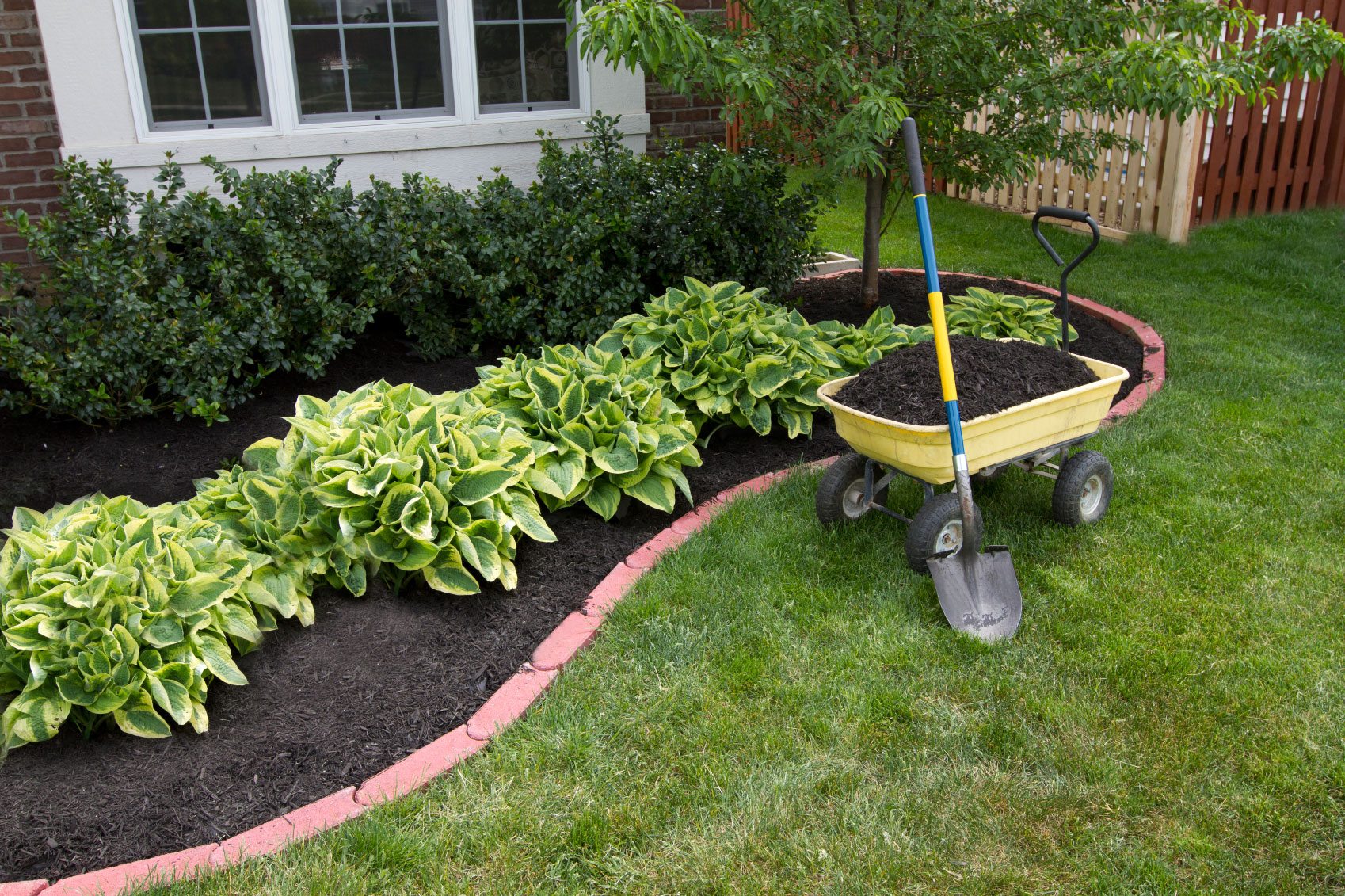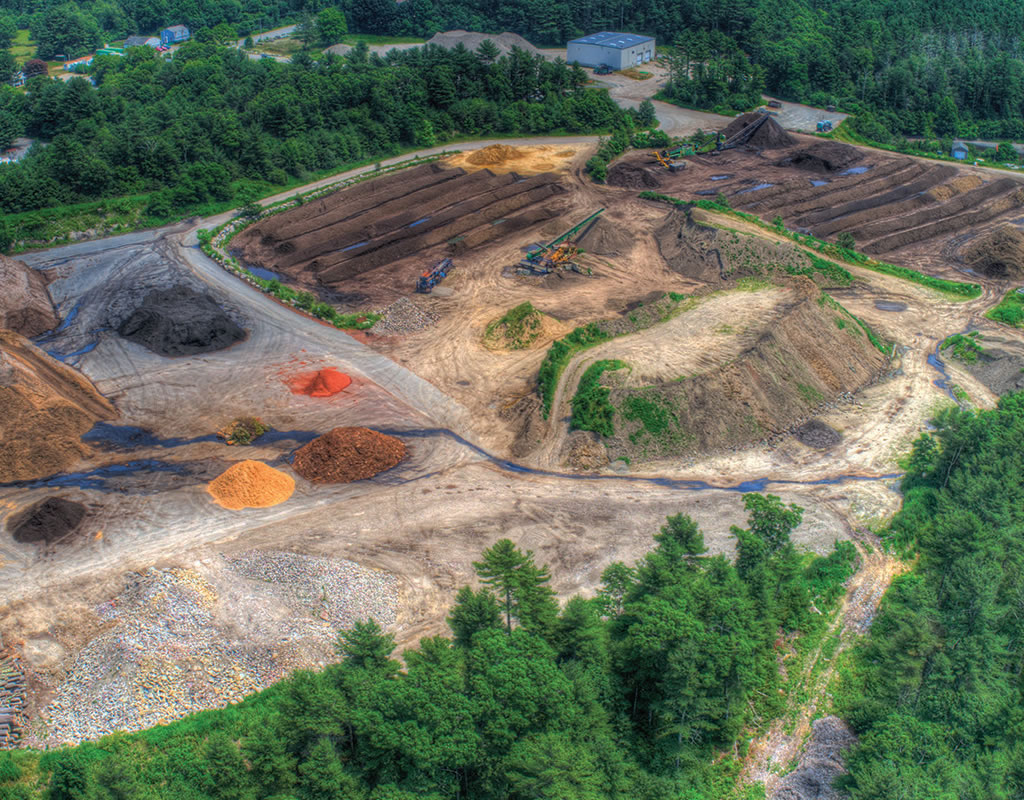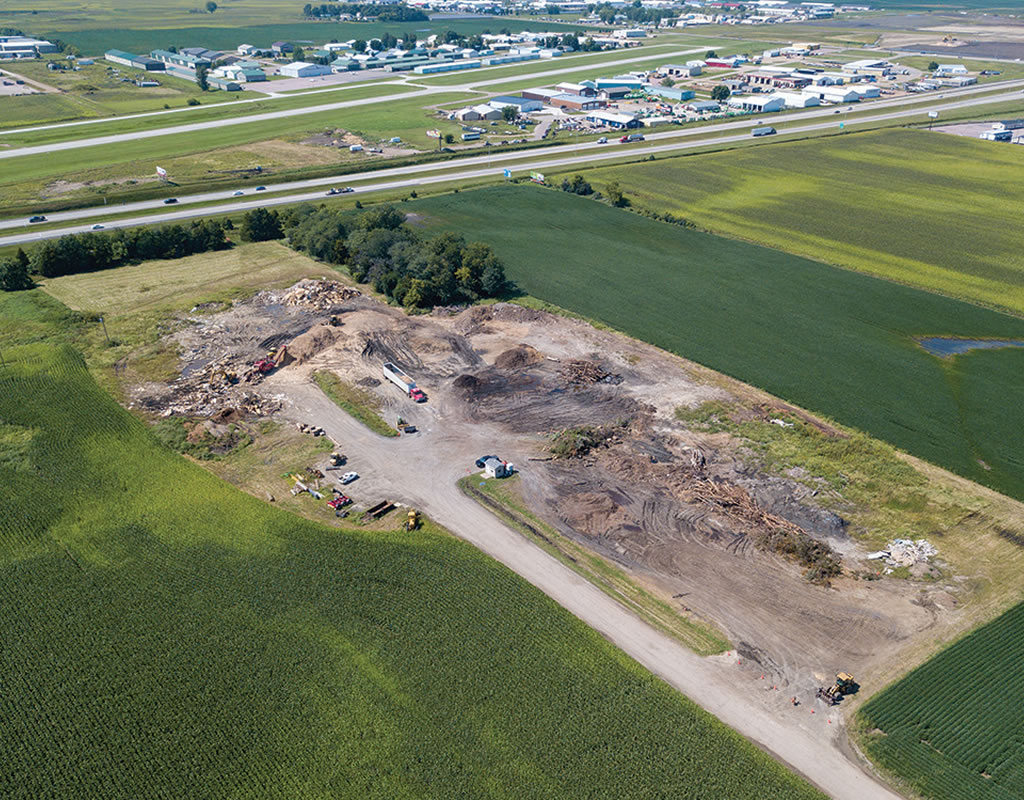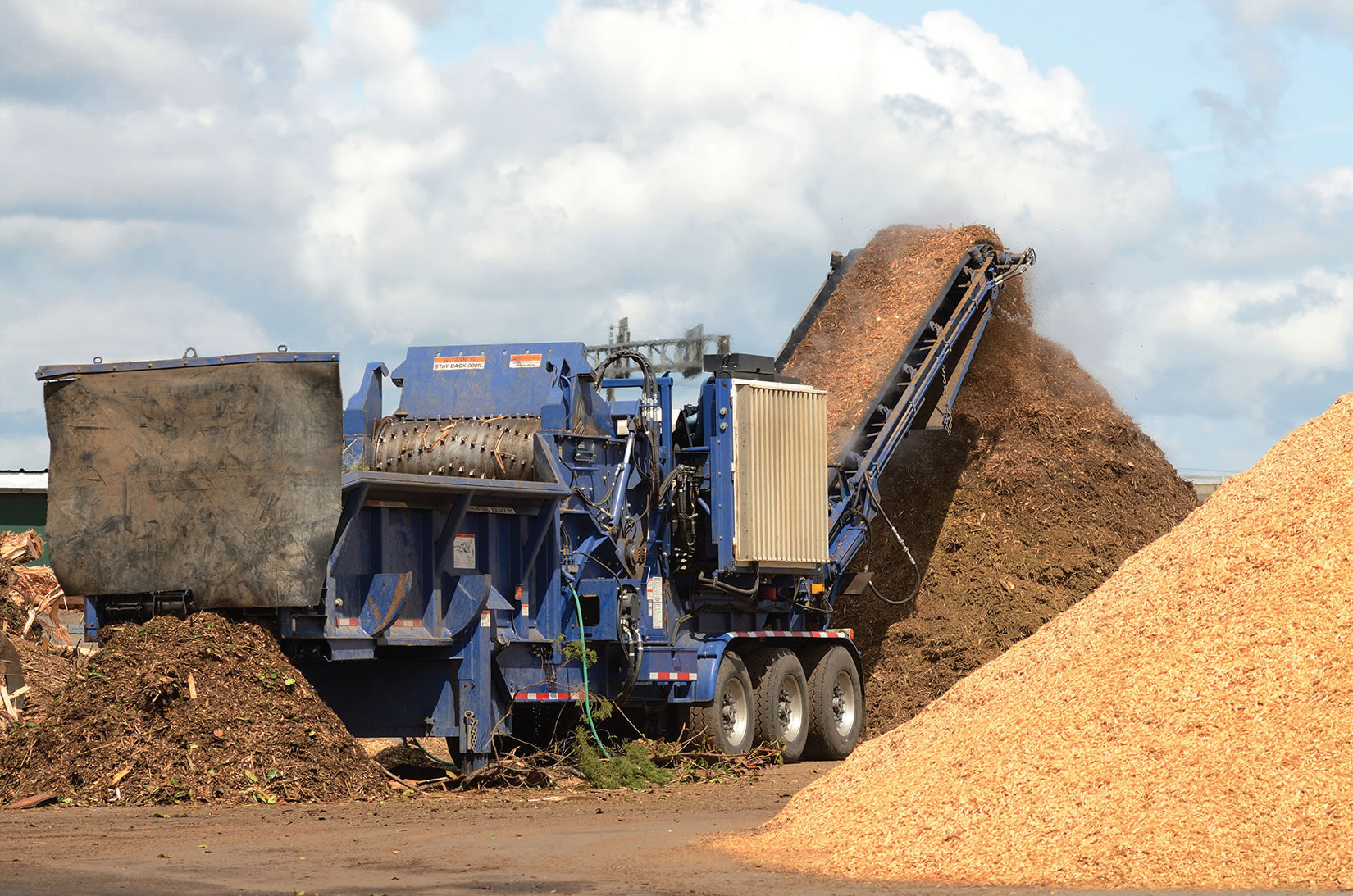By P.J. Heller
Coronavirus pandemic advice: Wash your hands often. Wear a face mask. Socially distance. Get vaccinated. Garden.
Garden?
In a year of on-and-off-again stay-at-home orders, businesses forced to shutter and employees having to work from home, a tanking national and world economy and concerns about the food supply — not to mention the more than 27 million Americans testing positive for Covid-19 and 463,000-plus deaths from the disease in the U.S. as of early February 2021 — it’s little wonder that millions of people have turned to gardening to soothe their psyche.
“With many of us spending more time at home, and more time outside, gardening opened the door for positive activities and good feelings in a time where things were looking pretty bleak,” said Kathleen Hennessy in a gardening survey by Axiom Marketing, Gardening in a Covid-19 World.
Having a green thumb is widely seen as an antidote for what has been dubbed “coronaphobia” — anxiety and fear about catching the virus.
“Not only does working in a garden provide you with a general sense of calm but also has a long-term effect on alleviating anxiety, depression and even attention deficit disorders,” noted Psychreg, an online psychology site. “Gardening is a unique activity which offers both the feelings of serenity and productivity in your own backyard.”
The emphasis on gardening also provided a bright spot for the mulch and soil industry, which reported an average 25 percent sales increase in 2020 over the previous year, according to a survey of members of the Mulch & Soil Council. In some cases, the sales increase was as high as 40 percent.
That sales increase occurred during the early months of the pandemic, which corresponded to the height of the soil and mulch selling season which runs from about March to June and accounts for about 60 percent of overall sales. A normal selling season averages about 5 to 8 percent growth.
“We saw a significant increase in sales in 2020 due to the pandemic,” reported Robert LaGasse, executive director of the Mulch & Soil Council. “Most everybody was locked down in their home, particularly early on in the spring when the food supply chain was being interrupted. People hadn’t adjusted to pandemic conditions, so there was a tremendous surge in gardening, particularly vegetable gardening in most states.”
While some states, including Pennsylvania and Michigan, initially did not include home centers and outdoor garden and nursery facilities in their list of essential businesses that could remain open, that changed by mid-season, LaGasse said.
Some people referred to the early planting efforts, assuming they could find seeds which were in short supply in many areas, as “panic gardens.” As the pandemic stretched on, that eventually morphed into what some called “pandemic gardens.”
LaGasse said the tremendous increase in sales during the pandemic was similar to what the industry saw after the Sept. 11, 2001 terrorist attacks in the U.S., when the public became concerned about disruptions and safety of the food supply chain.
Prior to 9/11, vegetable gardening was just in single digits, about 8 or 9 percent, of household participation. By end of 2004, it had grown to about 62 percent, LaGasse said.
“Looking at that model and looking at the current demand, we expect we’re going to see a similar increase,” he said.
For 2021, he predicted a 5 percent to 10 percent increase in sales over 2020. Those sales numbers could also continue into 2022, much as the increases did in the years after the 9/11 attacks.
“All indications look like it’s going to continue, absent our worst enemy, which is weather which nobody can predict,” he said.
Other surveys support LaGasse’s sales predictions.
“Our newest survey shows gardeners of all ages will be back digging in the dirt in 2021,” Minneapolis-based Axiom Marketing reported.
Axiom said 86 percent of homeowners surveyed in October planned to continue gardening this year, with 47 percent saying they will be planting more and expanding their garden spaces. Another 40 percent said they expected to plant the same amount as in 2020.
Axiom surveyed 1,200 people, the vast majority of them — 91 percent — single-family homeowners. The survey was almost evenly split between men and women. Half of the respondents described themselves as “casual gardeners” with another 25 percent saying they were experienced gardeners.
Another survey by Freedonia Group, an international industrial research firm, predicted that “gardening will likely remain above pre-pandemic levels through 2024 as elevated interest in home food production persists and the uptick in remote working is likely to last to some extent.”
Like the Soil & Mulch Council’s findings, the Freedonia survey found “surging gardening activity” during the pandemic. Freedonia did not provide any information about its survey demographics.
“Increased gardening activity was largely driven by people finding themselves at home with more free time, with 26 percent of adult respondents . . . reporting that they started a food garden because of the coronavirus pandemic,” it said. “However, many consumers also witnessed supply chain issues over this period, and home growing of food provided a sense of comfort and security. As a result, growth was particularly strong for vegetable gardening.”
That largely mirrored a national online consumer survey by Packaged Facts, which found 26 percent of consumers were planting a food garden because of the pandemic. Its survey of 2,000 adults was conducted in November and December.
“The 2020 recession and financial difficulties have also led to some people wanting to grow their own food due to worries about the future, food insecurity, and concerns about not being able to go grocery shopping or food shortages,” the survey said. “These gardens are not unlike ‘victory gardens’ planted during World War I and World War II when governments encouraged consumers to grow their own food to supplement rations and boost morale.”
GlobalData, a data and analytics company, said gardening in the UK was the second most popular activity during the pandemic lockdown, only behind watching television. Gardening ranked ahead of cooking, reading and exercising.
The London-based Financial Times in September wrote that people were turning to gardening during the pandemic for peace of mind.
“Sowing a seed or overhauling an overgrown garden was a balm to the pain of lockdown, offering the hope of some food that did not have to come from an overcrowded, understocked supermarket, and the chance to improve and beautify the small pockets of greenery around us,” it said.
LaGasse said that while the impetus for gardening during the pandemic may initially have been spurred by concerns about the food supply, other factors entered the mix as the pandemic dragged on and people remained at home. That prompted many people to redo or beautify their landscaping and yards.
“As it extended longer, it no longer was just about the food,” he said. “It’s about activities. It’s about mental health. It’s about something to do, something constructive, getting back to something. There’s something restorative about getting your hands in the dirt.”
Others agree.
“There is increasing evidence that exposure to plants and green space, and particularly to gardening, is beneficial to mental and physical health…” said Richard Thompson, past president of the Royal College of Physicians in London and a member of the Royal Horticulture Society's Health and Horticulture Forum.
“Many studies have shown a number of physical and mental health benefits of food gardening,” noted Packaged Facts. “Gardening has therapeutic power for many people to increase health and wellness…”
Said Psychreg: “Now more than ever, our gardens offer us sanctuary from a frightening and unstable world. During the pandemic, many of us have struggled with negative emotions such as stress, frustration and anxiety. Yet these seemingly unfavourable conditions have sown the seeds for a renewed appreciation of the positive effects of nature on our well-being.”
LaGasse added that gardening is attractive to people because it doesn’t require much expertise and it allows them to be creative.
“It satisfies the need to work with your hands, to get outside into fresh air and to get some exercise,” he said.
Even with Covid-19 vaccines slowly rolling out, people are still likely to be spending more time at home and will continue to garden.
“More than 80 percent of those surveyed said they felt successful or very successful in their gardening tasks in 2020,” Hennessy of Axiom Marketing said. “This is great news for the horticulture industry. When homeowners feel successful, they buy more plants, are more likely to try new types of gardening and expand their knowledge. These are all signs that 2021 will be another busy year.”
LaGasse said he expected a “cautious return” to what people would consider normal post-pandemic.
“All the reasons people increased their gardening habits are still there,” he said. “There’s still going to be a lot of people who are spending more time at home and the gardening trend will continue. I’m just waiting for the weather to warm up enough so I can get out and garden again.”
Related News
Subscribe Today
Every other month, Soil & Mulch Producer
News brings you important stories about:
• New Technology
• Products
• Industry News
• Research Studies
Soil & Mulch Producer News features articles and services relevant to your daily operations.











